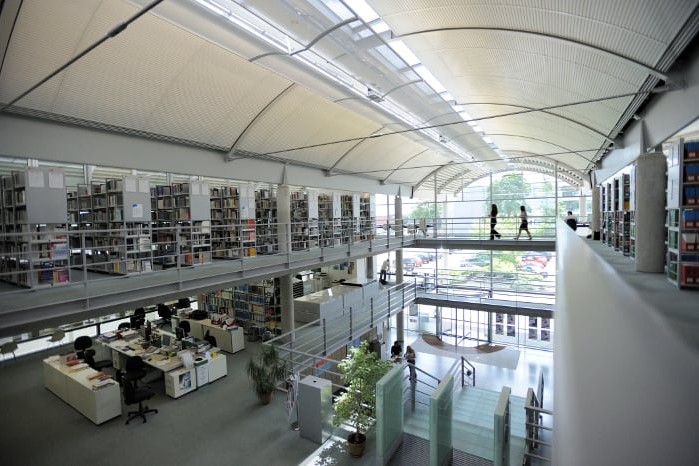
Cranfield Uni researchers develop high-value sustainable fashion from crop waste
YarnsandFibers News Bureau 2021-03-02 14:12:58 – United KingdomResearchers at Cranfield University, UK have partnered with the University of York to develop a greener way of manufacturing textiles for clothing using biomass-derived from crop waste.
The new process utilizes solvents with lower environmental impact for dissolving cellulose produced by bacteria from crop and household waste like food scraps and kitchen roll. A viscous honey-like solution is then produced which can be spun into fibres to make eco-textiles for sustainable fashion.
To the UK economy, the clothing sector is worth £32 billion and every year around a million tonnes of clothes are thrown away. The environmental impact of the sector could be minimized by using more renewable and biodegradable materials such as cellulose.
Research Lecturer in the Manufacturing, Enhanced Composites & Structures Centre at Cranfield University, Dr. Sameer Rahatekar, said that the global clothing industry contributes to 20% of all wastewater and 10% of all greenhouse gas emissions which is more than flights and shipping.
After working with colleagues at the University of York, they have offered a low environmental impact solution which could transform the way textiles are made and would reduce the amount of waste that goes into landfill.
Dr Alexandra Lanot of the University of York said that this new innovation is the result of their 10 years of work. He hopes that soon people would be able to wear clothes made out of waste.
Professor Simon McQueen Mason, University of York added that form the waste, the cellulose and bacteria which are produced is an essential virgin quality material that can be used to make brand new textiles with lower environmental footprint.
In comparison to the viscose/rayon cellulose textiles, the new manufacturing process uses less aggressive solvents which have a significantly lower environmental impact.
Textile Circularity Centre, a Royal College of Art led consortium funded this project by UKRI funding. The full research paper is titled “Manufacturing & characterization of regenerated cellulose/curcumin based sustainable composites fibres spun from environmentally benign solvents.”
Market Intelligence
Ask for free sample Report

experience
Customer Base
dedicated team
Countries Served Worldwide









